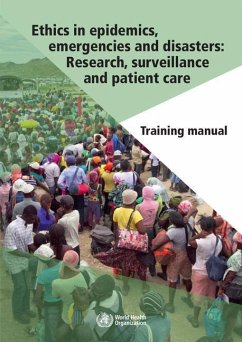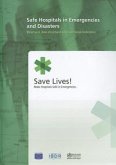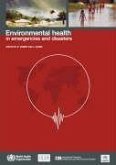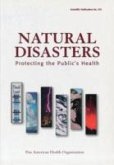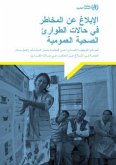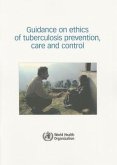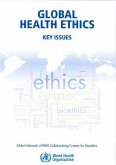In the face of recent pandemic threats (severe acute respiratory syndrome [SARS], avian influenza A H5N1, pandemic influenza A H1N1, and the 2014 Ebola virus disease outbreak) and disasters in general, debate has arisen about the ethical basis of research, surveillance and patient care in such situations. Scholarship on the ethics of public health crises draws on various areas including clinical practice and research. It is important to keep in mind that emergencies and disasters are the result of interactions between hazards and community elements--including people's health--with differing vulnerability and capacity to cope with situations. The vulnerability, capacity, and overall resilience of countries and their systems, communities, and sub-populations define how well they will manage risks and determine the scale of an emergency. Emergencies and disasters can be due to natural (including epidemics, hydro, meteorological and geological) and human-induced (including technological hazards, conflicts, food insecurity and social unrest) causes. The requirements of the community for patient care and for research and surveillance vary case by case and are influenced by how risks are managed before, during, and after events and by the type and magnitude of the consequences of emergencies when they occur. The training manual has two parts: Part 1 covers ethical issues in research and surveillance--such as conflicts that might arise between the common good and individual autonomy, ethics oversight, and publication ethics. Part 2 covers patient care--including triage, standards of care, and the professional duties of healthcare workers in emergencies. The teaching resources are modular, comprising seven core competences and 26 learning objectives each with a dedicated module. The modules are based on various types of instruction and activities (e.g. case study, lecture, group discussion, role play, video) to meet the learning objective. Slide sets were prepared for the lectures under each learning objective and summary slide sets for each core competence. At the end of the manual you will find a compilation of all of the case studies used throughout the manual. This manual is accompanied by a CD-ROM containing a set of presentations for use when providing training.
Hinweis: Dieser Artikel kann nur an eine deutsche Lieferadresse ausgeliefert werden.
Hinweis: Dieser Artikel kann nur an eine deutsche Lieferadresse ausgeliefert werden.

